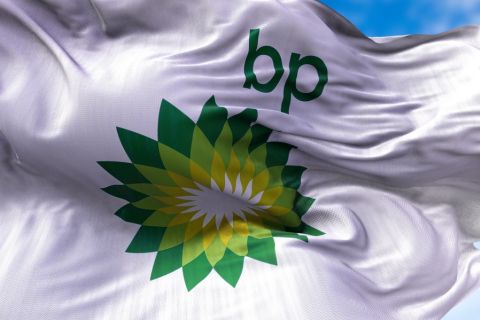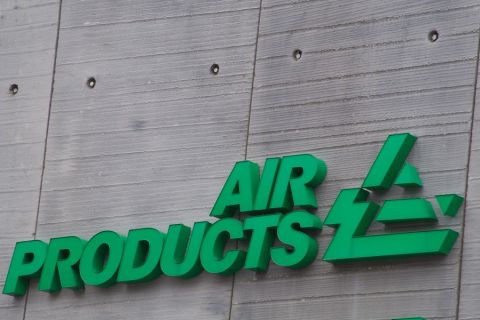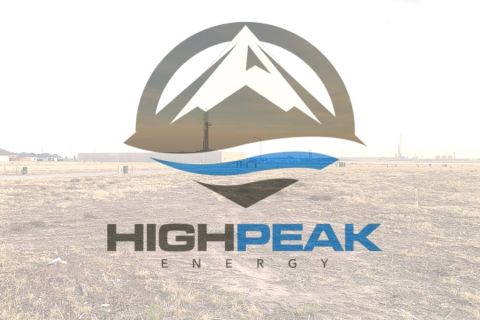The largest oil producer in North Dakota has halted most of its production in the U.S. state and notified some customers it would not supply crude after prices dived into negative territory this week, people familiar with the matter said.
Continental Resources Inc., the company controlled by billionaire Harold Hamm, stopped all drilling and shut in most of its wells in the state's Bakken shale field, three people familiar with production in the state said April 23.
Global oil prices have plunged because of excess supplies and tumbling demand due to the coronavirus crisis.
U.S. crude prices plunged into negative territory this week—meaning suppliers had to pay people to take oil—due to lack of storage space, prompting moves by operators to halt output.
Shut-ins have been particularly swift in North Dakota, which produced more than 1.4 million bbl/d of oil in 2019, making it the second-largest U.S. producing state after Texas.
State officials say production has already dropped by about 300,000 bbl/d. This month, rival operator in North Dakota Whiting Petroleum Corp. became the first major shale producer to file for bankruptcy.
Coming into this year, Continental produced nearly 150,000 bbl/d in the Bakken, according to company figures.
Hamm, an early supporter and informal adviser to President Donald Trump, has advocated heavy government intervention in the oil markets in response to Saudi Arabia's decision to flood markets with supply last month. He called for investigations into "illegal dumping of crude oil" by Saudi Arabia and Russia.
He has also said Texas energy regulators should consider mandating 25% production cuts to boost prices and called for probes into the April 20 collapse in crude prices.
Continental had reduced its production through May by 30% before the latest price crash and suspended its dividend.
A rival who viewed Continental's notice of force majeure said that, without state regulators' requiring output cuts, a contract could not be canceled just because sales were unprofitable for a period. This week, state regulators decided against demanding output cuts.
Continental is exposed to weak prices because it did not hedge future production, betting economic growth would lift prices. Many large shale producers use derivatives as a type of insurance policy to lock in a price for their future output.
Bakken crude this week was selling regionally at roughly $3/bbl, far below the U.S. benchmark, said Ron Ness, president of the North Dakota Petroleum Council. The benchmark settled at $16.50 on April 23.
A spokeswoman for Continental did not reply to requests for comment.
Bloomberg had earlier reported the company declared force majeure on at least one contract to deliver oil because it could not have foreseen the price rout.
Continental shares on April 23 rose 6% to $13.23. They are down 61% in the year so far.
Recommended Reading
BP’s Kate Thomson Promoted to CFO, Joins Board
2024-02-05 - Before becoming BP’s interim CFO in September 2023, Kate Thomson served as senior vice president of finance for production and operations.
Magnolia Oil & Gas Hikes Quarterly Cash Dividend by 13%
2024-02-05 - Magnolia’s dividend will rise 13% to $0.13 per share, the company said.
TPG Adds Lebovitz as Head of Infrastructure for Climate Investing Platform
2024-02-07 - TPG Rise Climate was launched in 2021 to make investments across asset classes in climate solutions globally.
Air Products Sees $15B Hydrogen, Energy Transition Project Backlog
2024-02-07 - Pennsylvania-headquartered Air Products has eight hydrogen projects underway and is targeting an IRR of more than 10%.
HighPeak Energy Authorizes First Share Buyback Since Founding
2024-02-06 - Along with a $75 million share repurchase program, Midland Basin operator HighPeak Energy’s board also increased its quarterly dividend.





